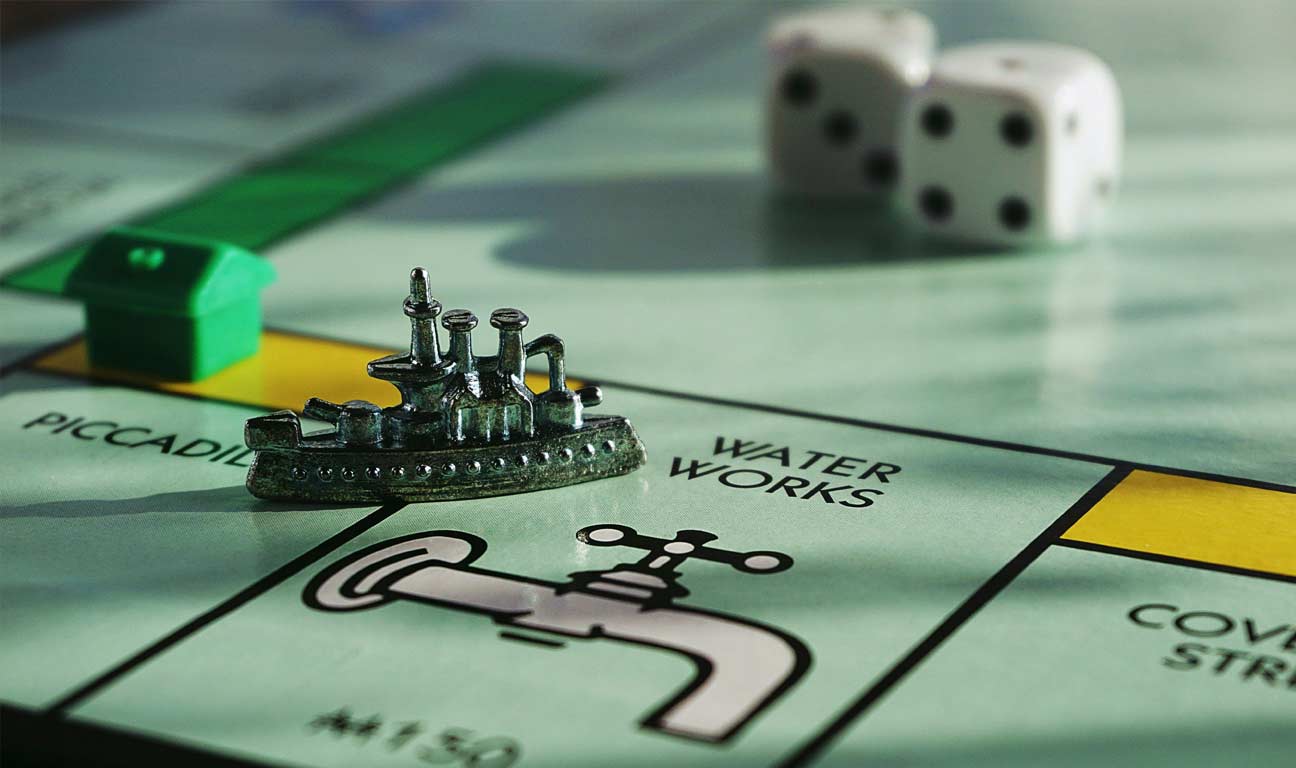AxessLaw.com | Blog
August 29th, 2022
Trying to sell inherited property can tax even the most patient beneficiaries. It may take months or even years before probate is finalized and you’re free to sell inherited property.
What to do with inherited property? You can accept the bequest, disclaim (reject) it, or sell inherited property. You can even rent real estate for income, or live in inherited property and leave it to your children or beneficiaries. If you’ve been appointed estate executor or personal representative in an Ontario Will that includes inherited property, you’ll need to file an application in an Ontario probate court for a certificate of appointment of estate trustee with a Will to make an inherited property transfer legally valid.
Here are our tips on how to sell inherited property in Ontario, and what to do if you’re the estate trustee.
Do You Pay Tax If You Sell Inherited Property? Canada has no inheritance taxes, but you could be liable for capital gains tax. Say the deceased leaves you their principal residence. You can avoid capital gains tax by using the home as your principal residence. Converting a principal residence to a rental property will trigger capital gains tax when you sell. Selling inherited property outright also incurs capital gains tax: 50% of the difference between the home’s fair market value when you inherited it and the sold price. Ask a tax advisor to calculate the capital gains tax for you. But if the deceased leaves you a secondary home (vacation home, income property, or other homes they left vacant, used occasionally, or leased to others), capital gains tax is owed before taking possession.





